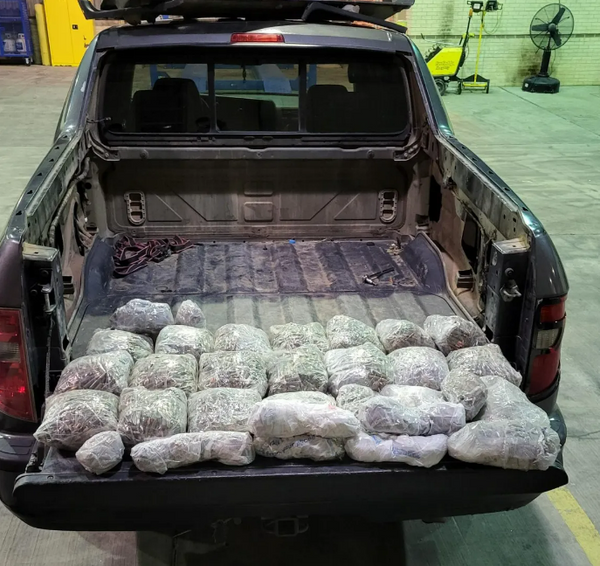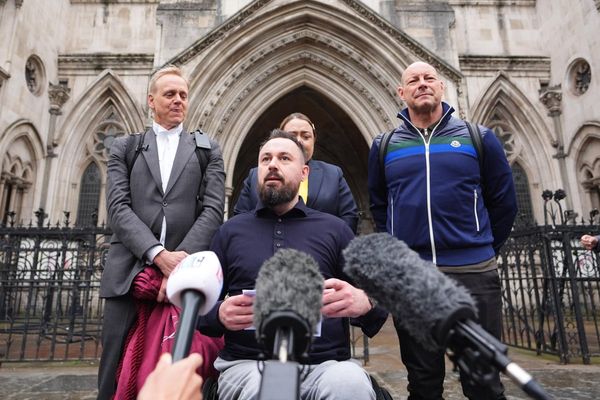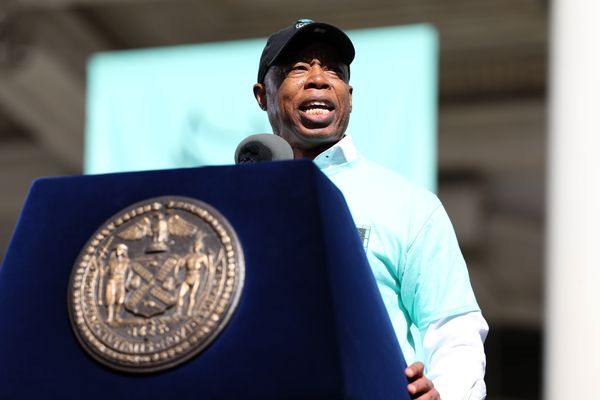There are more than 120 elections taking place on Saturday and almost every NSW resident is required to vote.
Local council elections will be held to crown the new mayors and councillors representing communities across the state.
Of NSW's 128 councils, 124 will hold elections for councillors while residents of 35 local government areas (LGAs) will pick their respective mayors.
In the City of Sydney, Lord Mayor Clover Moore is looking to extend her 17-year reign, after first being elected in 2004.
This is what you need to know about the votes.
Is it compulsory to vote?
Just like state and federal elections, voting is also compulsory for local council elections in NSW.
If you are on the NSW electoral roll, and live within an LGA hosting an election, you will be required to vote before polls close on Saturday.
If you don't know what council area you live in, you can find out on the NSW Electoral Commission's website.
A full list of candidates for each council and ward throughout the state is also available on the website.
The only councils that are not holding a vote this weekend are Balranald, Central Darling, Central Coast and Wingecarribee.
What happens if I don't vote?
Failure to vote could cost you a fine of at least $55.
If the NSW Electoral Commission believes you did not vote it will issue a failure to vote notice, which you have 28 days to respond to.
If an eligible voter can prove they did vote the fine could be voided.
Missing the 28-day deadline will trigger the matter being referred to Revenue NSW and an additional $65 fee.
Choosing to challenge a fine in court could see the penalty increased to $110 if unsuccessful.
How do I vote?
Residents can find ballot boxes in schools, town halls, community centres, churches and parks across the state on Saturday.
You can also vote early in person at pre-polling stations or you can apply to vote online.
A full list of voting stations and instructions can be found on the NSW Electoral Commission website.
The eligibility criteria for online and postal voting has been expanded for the elections in light of COVID-19.
Applications for online or phone voting — using a system called iVote — close at 1pm on election day.
Voting through iVote is open to people for a range of reasons including if they are blind or have low vision, need help voting, live 20 kilometres away from a voting station or will not be within their LGA on election day.
Are COVID-19 precautions in place?
Voters will be required to check in, wear a mask and socially distance at voting stations.
Voting is compulsory for all eligible residents regardless of vaccination status.
All election workers must be vaccinated and voters are being encouraged to bring their own pens.
Protocols also ban how-to-vote flyers being handed out within 100 metres of polling venues.
What do local councils do?
The old saying goes councils look after roads, rates and rubbish but that would be an unfair summary of the many roles they fulfil.
Councils have a major say in how suburbs and communities are shaped in regards to parks, recreation and, perhaps most significantly, development.
They also create strategies to support small business, curate community festivals and act as a conduit between governments and the community.
Local councils often lobby governments or represent residents when it comes to urban planning, hospitals, infrastructure and transport facilities.







